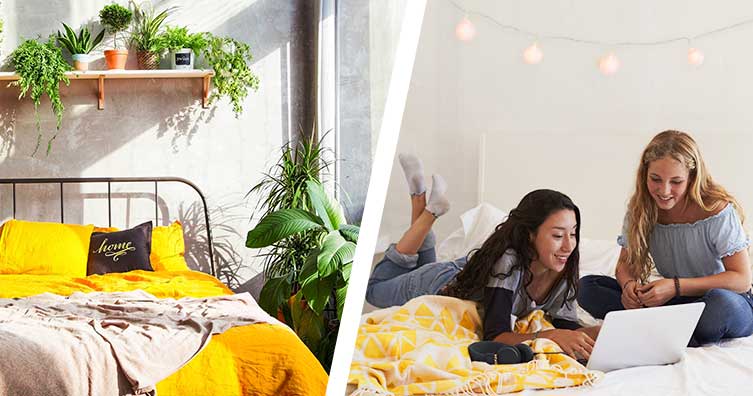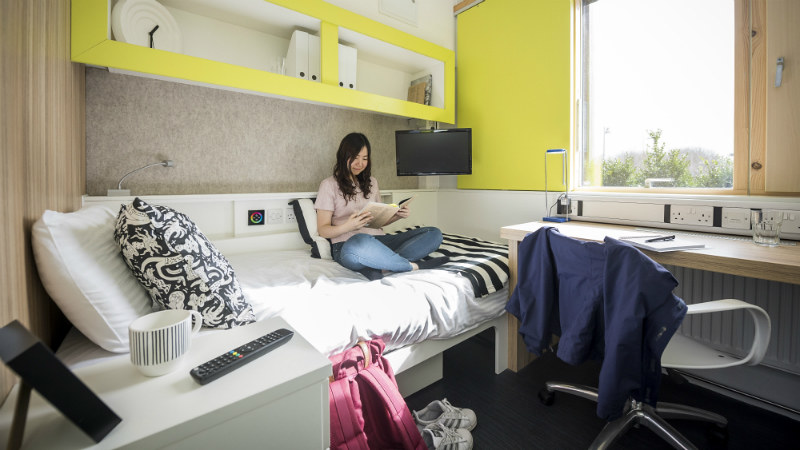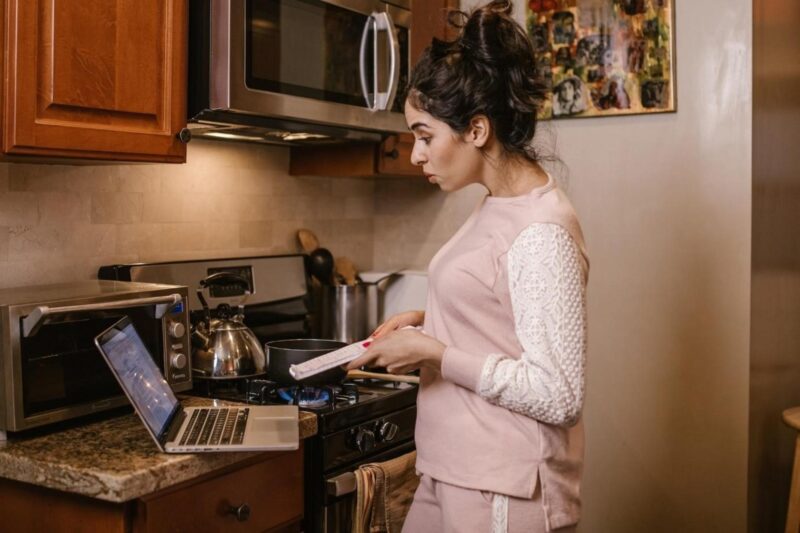Finding affordable student accommodation in Sydney can be a challenge. With rising living expenses, it’s essential for students to seek out cost-effective strategies. Here, you’ll discover practical tips and tricks that will help you manage your finances and get the best value for your money.
1. Start Your Search Early

One of the first steps in saving money on student accommodation is starting your search as early as possible. The closer it gets to the beginning of the academic year, the higher the demand for rooms and the more expensive they become.
By starting early, you have the advantage of more options and better prices. If you’re moving from overseas or another city, consider exploring sydney student accommodation a few months in advance to explore potential places in person. Many students who wait until the last minute end up paying more than they need to.
2. Explore Different Neighborhoods
Sydney is a large city with a variety of neighborhoods, each offering different price ranges. While it might be tempting to look for accommodation close to your university, branching out to areas a bit further away can result in significant savings. For instance, suburbs like Newtown and Glebe are popular among students, but they can be pricey. Consider areas like Marrickville, Ashfield, or even further west, where rent tends to be more affordable while still providing good public transport options.
3. Choose Shared Accommodation
Shared accommodation is one of the most effective ways to reduce costs. Renting a whole apartment on your own can be prohibitively expensive, but sharing with other students or tenants can make it much more affordable. Not only will you be splitting the rent, but you’ll also share utilities, groceries, and other living expenses. Websites like Flatmates, Gumtree, and Facebook groups can be useful platforms for finding potential flatmates who are in the same situation as you.
4. Negotiate the Rent
Not many students think to negotiate the rent, but in certain situations, it’s a possibility. If you’re signing a lease for more than 12 months or moving in during a quieter season, landlords may be willing to offer a discount to secure a tenant. It doesn’t hurt to ask if there’s any flexibility in the price or if they would consider including utilities or Wi-Fi in the rent. Even a small reduction can make a big difference over the course of a year.
5. Consider University-Run Accommodation

University-run accommodation can be a great option for students. While it may not always be the cheapest, it often includes utilities, internet, and access to facilities such as gyms or study rooms in the overall price, which can save money in the long run. Additionally, living in university-run accommodation allows you to be close to campus, cutting down on commuting costs. Some universities also offer financial assistance or scholarships specifically for student housing, which can further reduce your expenses.
6. Take Advantage of Student Discounts and Subsidies
Sydney offers various discounts and subsidies specifically designed for students. For example, public transport discounts are available for students, which can significantly reduce your commuting costs. Some banks, grocery stores, and utility companies also provide discounts for students. Additionally, make sure to explore any financial aid or scholarships that may be available through your university or government programs. Every little bit counts when you’re trying to save money.
7. Minimize Utility Costs
If you’re responsible for your utilities, there are several ways to cut down on these expenses. Opt for energy-efficient appliances, be mindful of electricity use, and take shorter showers to save on water. Consider using a prepaid mobile plan or internet service that allows you to control your usage.
8. Furnish on a Budget
Furnishing your accommodation can be another significant expense, but it doesn’t have to break the bank. Sydney has numerous options for finding affordable furniture. Look for second-hand items on platforms like Facebook Marketplace, Gumtree, or even visit charity shops.
9. Cook at Home

Eating out regularly in Sydney can quickly drain your funds. Cooking at home is a more economical option and allows you to have greater control over your diet and spending. Plan your meals, buy in bulk, and take advantage of student discounts at grocery stores.
10. Look for Long-Term Leases
While short-term rentals might seem more flexible, they can often be more expensive. Landlords are generally more willing to offer better deals on long-term leases. Committing to a 12-month lease or longer can result in lower monthly rent, and in some cases, avoid rent increases during that period.
11. Be Wary of Hidden Costs
When looking for accommodation, it’s important to be aware of any hidden costs that may not be immediately obvious. For instance, some properties might have additional fees for amenities like parking, laundry facilities, or building maintenance. Make sure to read your lease carefully and clarify what is included in the rent.
12. Use Public Transport Wisely
Transport in Sydney can be expensive, but students are eligible for discounts. Get an Opal card and take advantage of the discounted fares for students. Plan your routes and try to use off-peak hours when the fares are cheaper. Living in a suburb with good transport links can also save you time and money.
13. Look for Scholarships and Grants
Many universities and government bodies offer scholarships and grants specifically for housing. While these are often competitive, it’s worth applying if you meet the criteria. Even if you’re not awarded the scholarship, applying early could bring your name to the attention of other support programs that might be available.
14. Get Part-Time Work
Sydney has a robust job market with plenty of opportunities for students to find part-time work. From retail and hospitality to tutoring or freelance gigs, there are many ways to earn extra income while studying.
15. Join Housing Co-ops or Sharehouses
Housing co-ops or sharehouses are alternatives that can save you significant money. These setups often involve communal living with shared responsibilities and lower rent. In a co-op, residents may participate in decisions about managing the property, which can create a strong sense of community.
Conclusion

Saving money on Sydney student accommodation requires a combination of strategic planning, resourcefulness, and flexibility. By starting your search early, exploring different neighborhoods, opting for shared housing, and being smart about your expenses, you can find a place that meets both your budget and lifestyle needs.
Related Posts:
- Tips for Booking Affordable Accommodation Without…
- A Guide to Sydney's Most Spectacular Night Spots - 6…
- Savvy Financial Moves to Save Money and Build…
- How to Save Money and Time on Concert Tickets?
- 10 Ways to Save Time and Money by Hiring an Event…
- How to Cut Your Prescription Costs and Save Money in 2024








